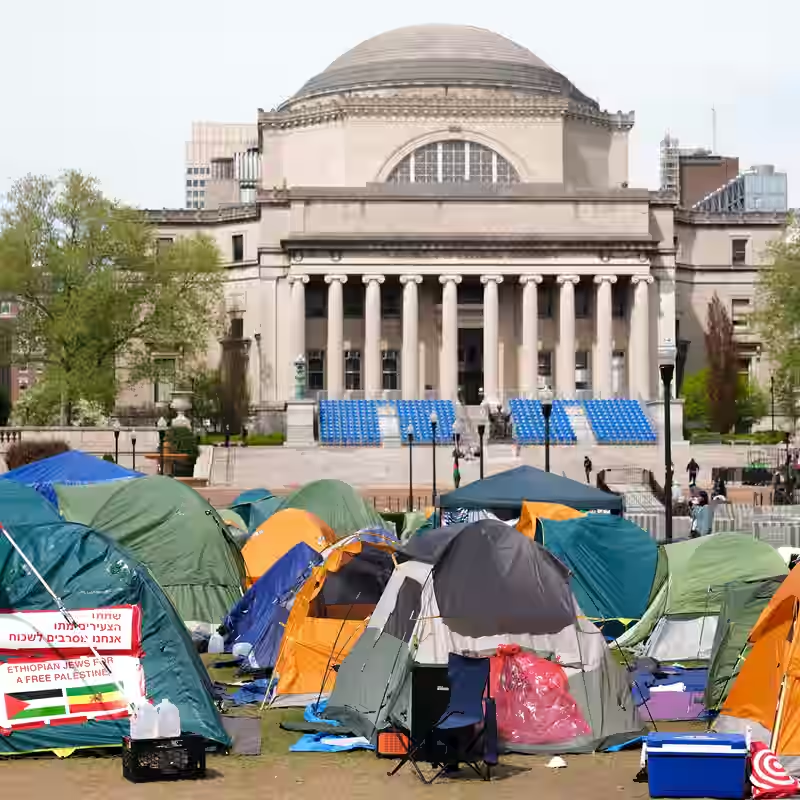At the 2025 Athens Democracy Forum, global leaders, scholars, and activists raised urgent alarms: freedom of speech in academia is under unprecedented attack. From government overreach to administrative inaction, universities—once bastions of open debate—are now flashpoints in a growing global crisis over expression and dissent .

The Global Backlash Against Campus Expression
According to speakers at the forum, recent campus clashes—often sparked by political protests, controversial speakers, or debates over identity and ideology—have prompted governments to impose sweeping restrictions on what students and faculty can say, teach, or even research.
“When universities fail to protect open discourse, states step in—not to defend speech, but to control it,” warned Dr. Elena Markou, a political science professor from the University of Athens .
How Governments Are Intervening
- Legislation: New laws in several countries now penalize universities for hosting “divisive” or “unpatriotic” content.
- Funding Cuts: Institutions face budget reductions if deemed “non-compliant” with national speech guidelines.
- Surveillance: Student groups and faculty seminars are increasingly monitored under the guise of “campus security.”
- Speaker Bans: Foreign academics and activists are denied entry or visas over past statements.
Case Studies: From Protest to Policy
| Country | Incident | Government Response |
|---|---|---|
| United States | Pro-Palestinian student encampments (2024–2025) | Federal investigations into university leadership; proposed “Campus Free Expression Act” with penalties for “biased” policies |
| India | Student-led protests against citizenship laws | Arrests of student organizers; suspension of faculty deemed “anti-national” |
| Hungary | Criticism of government by university researchers | Forced closure of independent research centers; state-appointed university boards |
| Turkey | Academic petition against military operations | Mass dismissals of signatory professors; travel bans |
The Role of University Administrations
Forum participants emphasized that institutional cowardice often precedes state intervention. Many university leaders, fearing political backlash or donor pressure, have avoided taking clear stances on free expression—creating a vacuum that governments eagerly fill.
“Neutrality in the face of censorship is complicity,” declared journalist and forum panelist Anya Petrova .
What’s at Stake?
Academic freedom isn’t just about classrooms—it’s foundational to democracy itself. When scholars can’t question power, when students can’t debate ideas without fear, society loses its capacity for innovation, accountability, and truth-seeking.
[INTERNAL_LINK:Academic Freedom] remains a core pillar of democratic education, yet it is eroding faster than many realize.




